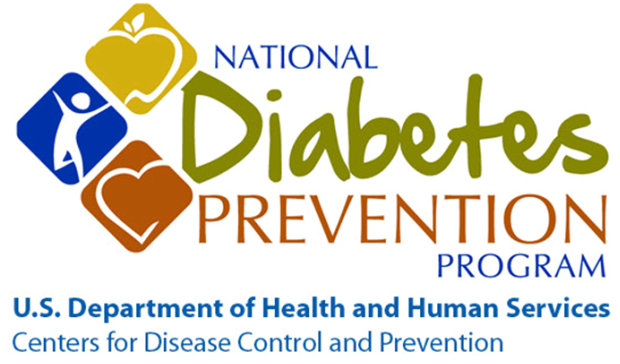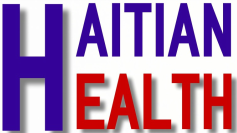Nationwide Expansion of the Diabetes Prevention Program to include more people with health coverage9/2/2016  Too many people in the U.S. population are still unable to enjoy the universal right to quality health care. One determinant of this obstacle is the inadequacy of health care management in undeserved populations. The Affordable Care Act is a major legislative act that aims to address this issue by increasing access to affordable health insurance and behavioral care to all Americans [1]. Building on this great accomplishment, the Centers for Medicare and Medicaid Services (CMS) proposed that starting January 1, 2018, more Medicare recipients benefit from the evidence-based Diabetes Prevention Program (DPP) [2]. The Diabetes Prevention Program is a program for individuals who are at risk of becoming diabetes to go through lifestyle behavior change training that can slow down and prevent the development of diabetes. This lifestyle change program is structured so that the enrollee learns to develop culturally appropriate health habits. Individuals become empowered to change their eating patterns, enjoy more physical activities, effectively manage their stress level, and gain support within a peer group. Enrollment of individuals with pre-diabetes in the program will be based on the following national criteria:
Body mass index (BMI) of 25 or greater (a BMI of 23 or greater for Asian beneficiaries) in addition to a hemoglobin A1c test with a value of 5.7-6.4 percent, or a fasting plasma glucose of 110-125 mg/dL within the last 12 months, or 2-hour plasma glucose of 140-199 mg/dl after the 75 gram oral glucose tolerance test, and no previous diagnosis of diabetes or life-threatening conditions, mobility issues, etc. [2] As part of the CMS requirements for providers of the program, the Diabetes Prevention Program will have to be recognized by the Centers for Disease Control and Prevention (CDC). In sum, the Medicare Diabetes Prevention Program Expansion will offer to more Americans the opportunity to live healthier and longer in their community. It will also benefit some members of the Haitian-American community who suffer from great health disparities and inequities (see previous posts: Blood Pressure, Diabetes, Glaucoma, and late preventive care) and unfortunately receive services from medical establishments, whose star ratings tend to be low [3] and associated with increased readmission and mortality [4]. References 1. Obama, B. (2016). United States Health Care Reform: Progress to date and next steps. JAMA, E1-E8. doi: 10.1001/jama.2016.9797 2. Centers for Medicare & Medicaid Services. Medicare Diabetes Prevention Program Expansion. Retrieved on August 15, 2016 from https://www.cms.gov/Newsroom/MediaReleaseDatabase/Fact-sheets/2016-Fact-sheets-items/2016-07-07.html 3. Centers for Medicare and Medicaid Services (CMS) (n.d.). Data.Medicare.gov. Retrieved on August 15, 2016 from https://data.medicare.gov/Hospital-Compare/Patient-survey-HCAHPS-Hospital/dgck-syfz 4. Wang, D.E., Tsugawa, Y., Figueroa, J., F., & Jha, A., K. (2016). Association between the Centers for Medicare and Medicaid Services hospital star rating and patient outcomes. JAMA Intern Med. doi: 10.1001/jamainternmed.2016.0784
0 Comments
Leave a Reply. |
Mickelder Kercy, M.D. M.S.I learned about the art and science of medicine and was introduced to the community and population-based aspects of public health at the Université Notre Dame d'Haiti. My early practical interventions in the field of public health during medical residency in Haiti fostered my interest in pursuing additional academic training in public health. At Columbia University in the City of New York, I specialized in Public Health with a minor focus on Community Health Education. My special interest is in non-communicable chronic diseases, and the social-ecological approach to health education and promotion in secular and faith-based communities. Archives
October 2017
Categories
All
To subscribe to our blog and receive notifications of new posts by email
|


 RSS Feed
RSS Feed
